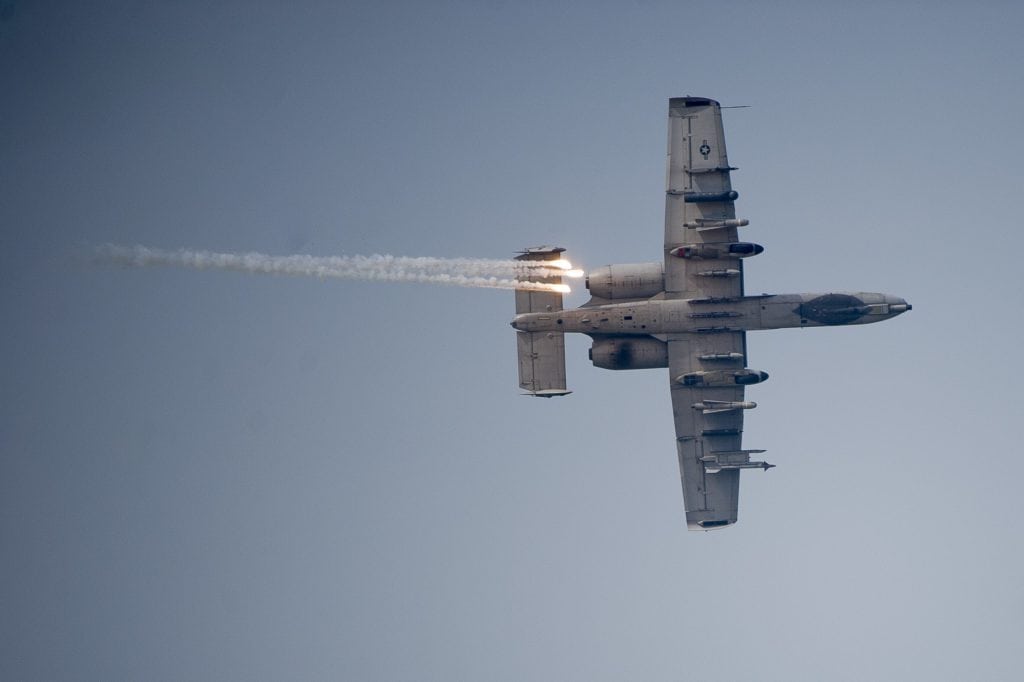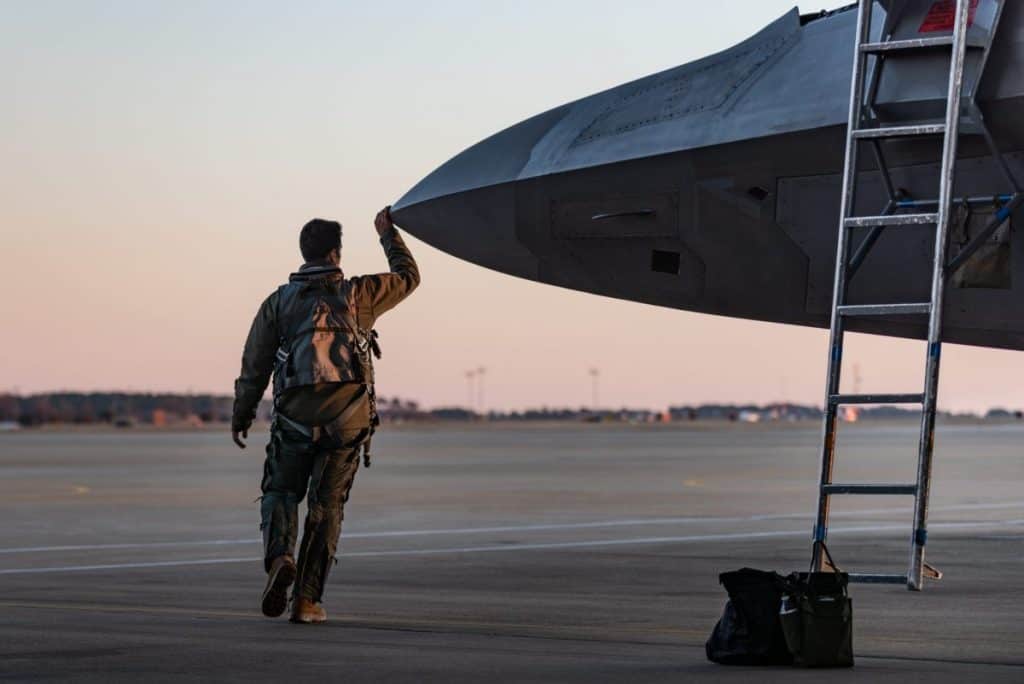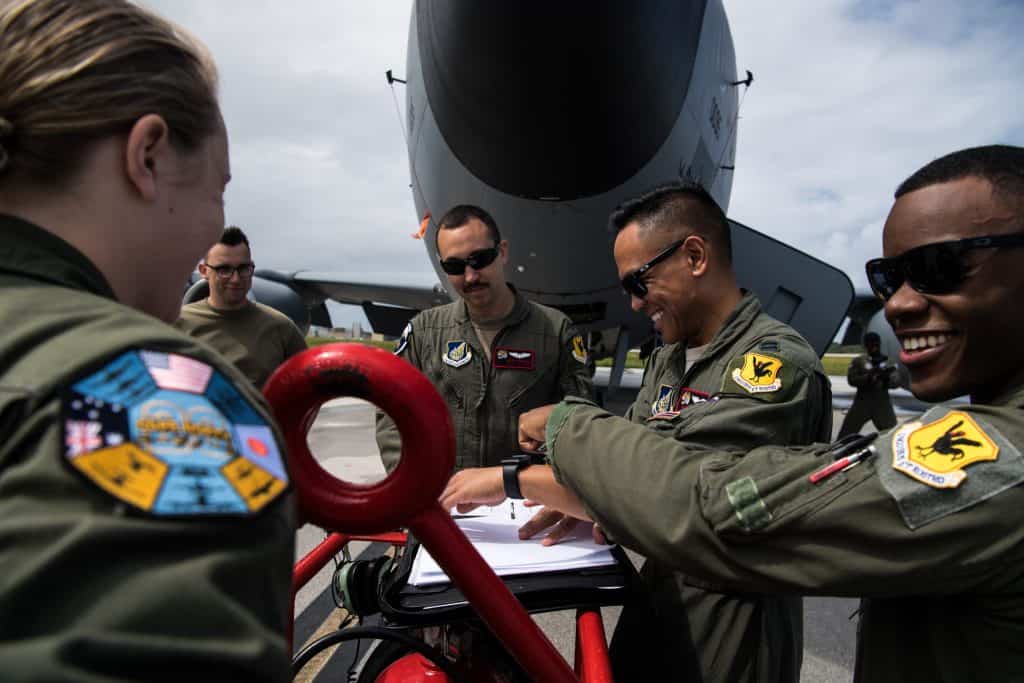3 Tips for Determining When to Make the Jump From Active Duty to the Guard/Reserves

Here at BogiDope we are routinely asked, “When should I make the transition from Active Duty to the Guard or Reserves?” The answer to that question is “it depends;” every pilot’s experience and situation is different. There are a multitude of different factors that play into the question of timing and you are the person who is best equipped to make that call. However, BogiDope recommends that you consider at least these three main areas when determining when to make the leap.
1. Timing Your Departure
Timing can be everything when you are making a transition from out of the active duty. It can make all the of difference in getting that coveted civilian job you have always wanted, and timing can even affect your ability to get hired by the Guard or Reserve unit of your choice.
If you are making the transition from active duty to the Guard or the Reserve because you want to be an airline pilot, then the answer to the question of timing is ASAP! Every month that you wait, other pilots like yourself are being hired in front of you. This delay in getting hired can cost you valuable airline seniority numbers—this can greatly impact both your quality of life and your paycheck for the rest of your airline career.
While it is important to expedite the process, make sure that you have a solid plan and understand the process you will need to follow to exit active duty. Once your plan is made, anything you can do to expedite the process will exponentially increase your level of comfort (and your paycheck) in the future.
Maybe you are not planning on being an airline pilot. Perhaps getting a non-flying civilian job or a full-time position in the Guard or Reserve is more to your liking. Having a solid, well thought out plan is still important. The good news is that civilian employers (for the most part) and the Guard/Reserve do not operate with seniority numbers, so the rush to get to one of these career opportunities is not as great as with the airlines.
What is more important is ensuring that the path you take will lead to you having the job you want lined up and waiting for you when you separate. In this case, concentrate more on the how you will exit the active duty to ensure that you have a smooth transition instead of trying to rush the process.
2. Listen More Than You Talk
I am convinced that many times your immediate family and close friends have a better understanding of what you want then you do than you do. At BogiDope, we constantly preach that you should have a plan and that you start planning your transition to the Guard or Reserve early! When you involve your family in those decisions, the path will become clearer to you. Remember, this change will affect your spouse and kids every bit as much as it affects you. Get their input and buy-in early in the process and everyone will have a smoother landing wherever you end up next.
Some pilots don’t have close family to bounce ideas off of. If you fall into that category, it is still important to reach out for advice. Make sure that you turn to a mentor or someone whose guidance and opinion you respect. Talk through the reasons why you want to get out of the active duty with them and listen to what they have to say. More often than not, you will be given informed guidance that is tailored to your specific situation because they know you. It is also helpful to hear yourself spelling out your plans. The point is this: don’t just live inside your own head!
No matter who you choose to talk to, listen closely. As pilots going through the transition process, we can sometimes get bogged down in the weeds and miss the big picture. Many times others can see the larger picture better than we can and help assist us in our decision making process.
3. Know the Rules







